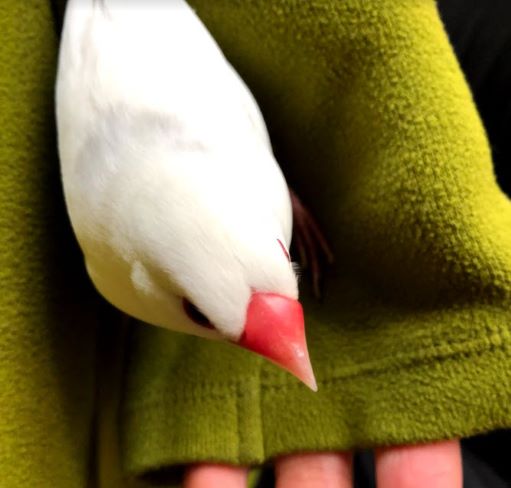Voice is important for me when I translate. When I got texts, I always (unconsciously) imagine the suitable voice for the texts.
I do quite a lot of marketing translation, and each company, brand or promotion has its own human-like characteristics. Some companies specify the tone of the texts, but that’s not enough for me. I need to set its voice in my head from its character, specification etc. Stable? High? Comforting? Energetic? Sultry? Fun? For example, if it’s proper texts for general public, I pull up goody-goody type of voice. And when I translate, I make that voice read my texts in my head and see if it’s natural.
Sometimes I get to do some voice script translations, like audio guide and tutorial. They give me plain scripts, and later they record with voice actors. In this case, when the final version comes out I can compare with the voice I imagined and voice they chose. And that’s fun. (And yes, sometimes annoyed.. 🙂
One of the most interesting works I got to do in the past was translation for kids’ products. I’m not allowed to say precisely, so let’s say it was for a toy; A toy which interacts with kids via voice. They created this toy’s character and sent me scripts and time frame. The character is not visible and only exists in voice. But their concept and scripts were very distinctive, therefore it was really easy for me to come up with its voice.
Along with that voice, I gave him Japanese-speaking persona, and he grew on me. Though it was very tight schedule, I was just having so much fun. (And I can still imitate his voice.) Not sure how its final version turned out, but the company later sent me a lovely message to tell me that they really love it. I was very happy about it, but can’t help wishing that he got a good voice..




